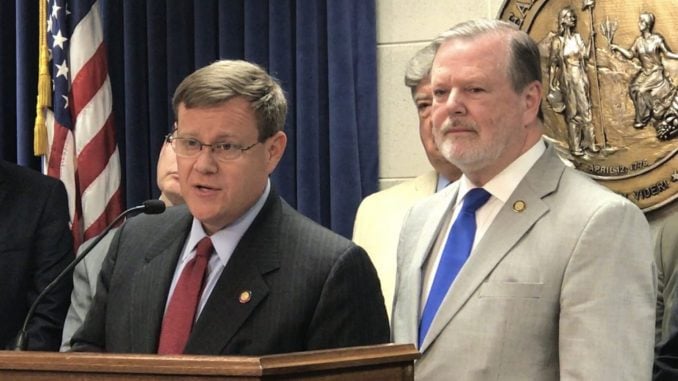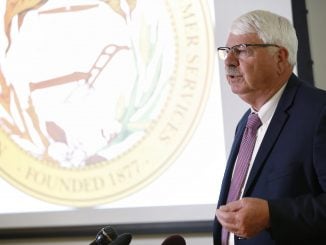
RALEIGH — The General Assembly’s decision to end the Program Evaluation Division comes as legislative leaders aim for more results-driven outcomes and empowerment of the existing committee structures, Joseph Kyzer, communications director for House Speaker Tim Moore, told North State Journal.
PED is not a watchdog agency, Kyzer said, and questioned if you could “point to reforms PED has made.”
“It’s not a leading agency — that’s [NC State Auditor] Beth Wood. For example, it was her agency’s deep dive that found the overspending from NCDOT. And she complains that a lot of these agencies have their own auditors,” Kyzer said.
He also pointed out that repeated, unmitigated failures have gone unsolved, from hurricane disaster relief to funds from the HOPE program getting out in a timely fashion.
“There are so many areas not having an effect, and PED is not providing a mechanism for solutions,” Kyzer said.
No final decisions have been made regarding the non-partisan staff, but Kyzer said he expected them to be absorbed in other areas. He added the problem isn’t the staff who work at PED, but that their governance prevents them from investigating and solving problems in a timely manner.
Among the changes being made to the oversight structure are ways to have partisan staff investigate, similar to the U.S. House and Senate’s government oversight committees.
Statutorily, PED’s work plan is established every two years, which, legislative leaders contend, prevents them from responding quickly to issues that arise.
An analysis of the agency’s records shows that 2012 was the PED’s busiest year, with 15 reports submitted.



